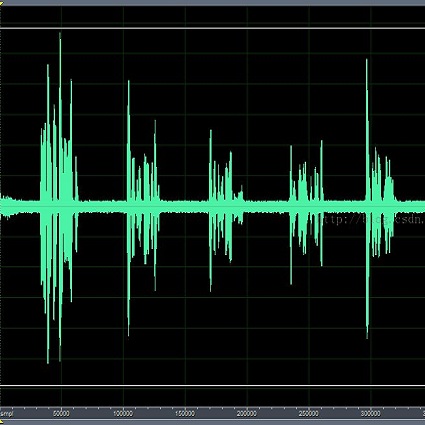In this paper, we propose to extend the deep, complex U-Network architecture for speech enhancement by incorporating a probabilistic (i.e., variational) latent space model. The proposed model is evaluated against several ablated versions of itself in order to study the effects of the variational latent space model, complex-value processing, and self-attention. Evaluation on the MS-DNS 2020 and Voicebank+Demand datasets yields consistently high performance. E.g., the proposed model achieves an SI-SDR of up to 20.2 dB, about 0.5 to 1.4 dB higher than its ablated version without probabilistic latent space, 2-2.4 dB higher than WaveUNet, and 6.7 dB above PHASEN. Compared to real-valued magnitude spectrogram processing with a variational U-Net, the complex U-Net achieves an improvement of up to 4.5 dB SI-SDR. Complex spectrum encoding as magnitude and phase yields best performance in anechoic conditions whereas real and imaginary part representation results in better generalization to (novel) reverberation conditions, possibly due to the underlying physics of sound.
翻译:暂无翻译




